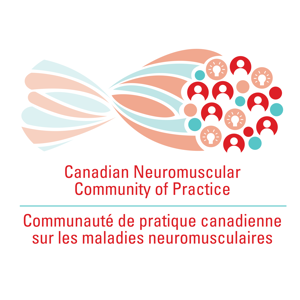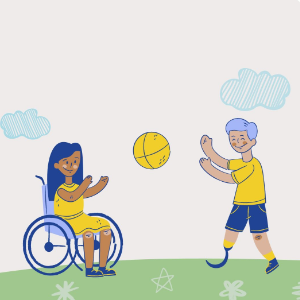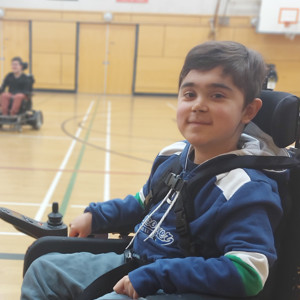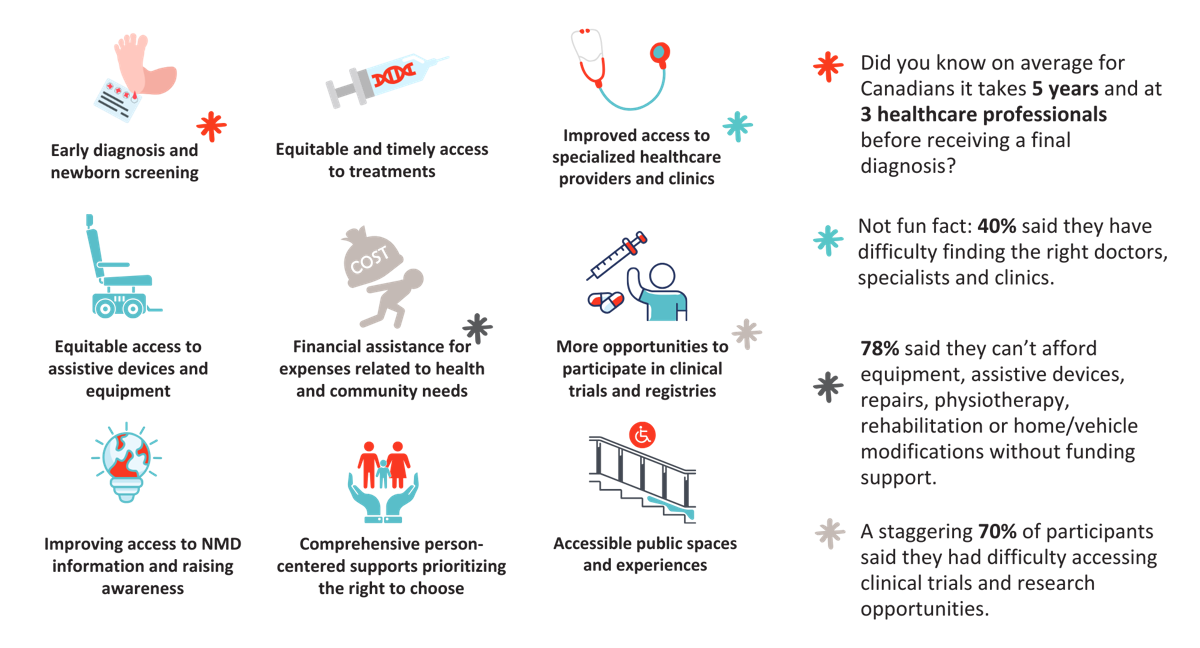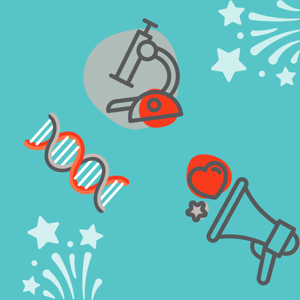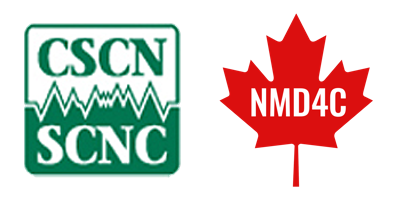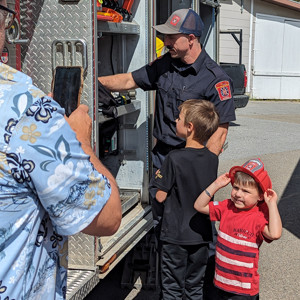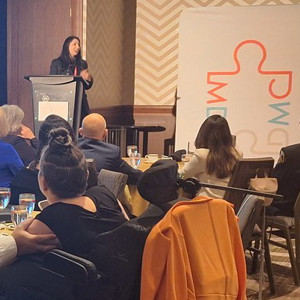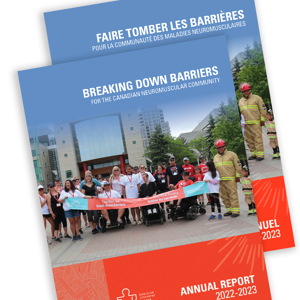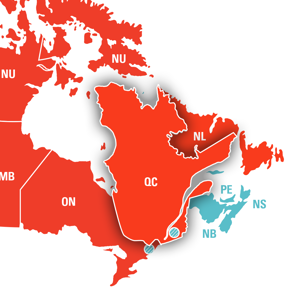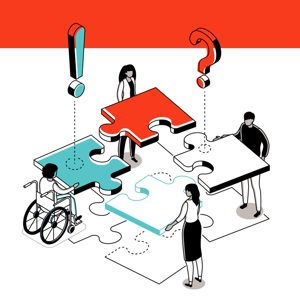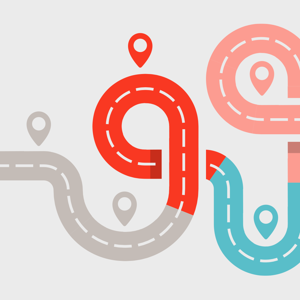Have you ever looked for a healthcare professional who specializes in the specific neuromuscular disorder (NMD) affecting you or a loved one? If your response is ‘yes’, you share a common experience with many Canadians who frequently seek healthcare professionals experienced in their specific condition. In fact, the second most frequently asked question to MDC’s Research Hotline in 2023 was about finding physiotherapists, occupational therapists, physical medicine and rehabilitation physicians, speech-language pathologists, surgeons, and respirologists with expertise in neuromuscular conditions. This valuable information wasn’t centralized in one location—until now!
For the first time ever all healthcare professionals in neurology or other disciplines focused on NMDs in Canada can connect. The new Canadian Neuromuscular Community of Practice not only helps identify healthcare professionals involved in neuromuscular care, but it also makes it easy for all professionals to learn together, exchange information and broaden their overall knowledge of NMDs!
THANKS TO MDC’S DONORS AND PARTNERS, THE COMMUNITY OF PRACTICE WILL BREAK DOWN BARRIERS FOR THE NMD COMMUNITY BY:
| WHICH WILL … | |
|---|---|
| • Making it easy to share information on NMDs | • Provide timely references to appropriate specialists |
| • Continually training and educating | • Improve Canadians access to reliable information |
| • Opening access for peer-to-peer support | • Strengthen the level of NMD expertise in the Canadian medical community |
| • Allowing for collective problem solving and faster access to experts for advice | • Reduce the time it takes to receive effective care |
| • Providing access to more NMD experiences | • Improve access to clinical trials in Canada |
| • Improving Canadian clinical trial readiness and access |
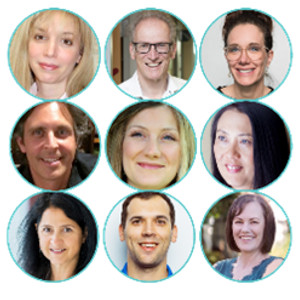
Are you a client looking for neuromuscular disorder information or specialists? Are you a healthcare provider looking to join the community of practice or share information? The Canadian Neuromuscular Community of Practice team is happy to help! Contact research@muscle.ca!
The community of healthcare professionals supporting the Canadian Neuromuscular Community of Practice are (pictured from left to right) Dr Warman-Chardon, Dr Lochmüller, Dr Gagnon, Dr Campbell, Dr Schellenberg, Dr Mah, Dr O’Connell, Dr Rodrigue and Dr Plamondon.

